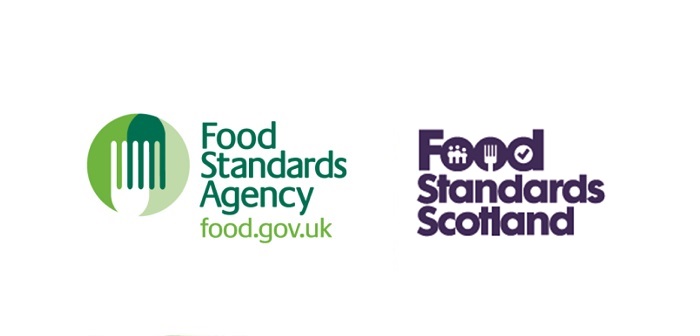More than 1500 food, feed and environmental contamination incidents were investigated by the Food Standards Agency (FSA) in 2015, a total which was “similar” to the total number of cases reported in recent years.
According to the agency’s newly published annual report of food incidents, a total of 1,514 cases were “investigated and managed” by FSA and Food Standards Scotland (FSS) last year. Poultry, poultry meat, eggs and egg products, however, accounted for just 64 of all reported cases.
The four largest contributors to the total number of recorded incidents were as follows:
- Pathogenic micro-organisms (18%)
- Allergens (14%)
- Chemical contamination (other) (12%)
- Residues of veterinary medicinal products (8%)
The report, which runs to 21 pages, states that 67% of the pathogenic micro-organism incidents were related to either Salmonella species or Escherichia coli.
The bulk of the E.coli cases (49 out of 75) resulted from shellfish bed monitoring while many of the Salmonella incidents were associated with contaminated paan leaves from the Indian subcontinent.
“However, the number of other Salmonella-related incidents increased from 56 and 50 in 2013 and 2014 to 88 incidents in 2015,” stated the report. “These 2015 incidents do not appear to be related to any particular cause, country of origin or foodstuff.
The listing of incidents by food and feed type shows meat and meat products (other than poultry) being associated with 254 of the 1514-incident total.
Poultry meat and poultry meat products, meanwhile, accounted for 53 incidents in 2015 with eggs and egg products being linked with 11 cases.
The report also reveals that, to protect consumers in relation to food safety, FSA and FSS issued 156 alerts and information notices to local authorities and sent 337 notifications to the European Commission, via the Rapid Alert System for Food and Feed (RASFF).


